百闻不如一见用英语怎么说?
Seeing is Believing: The Power of Experiencing Firsthand
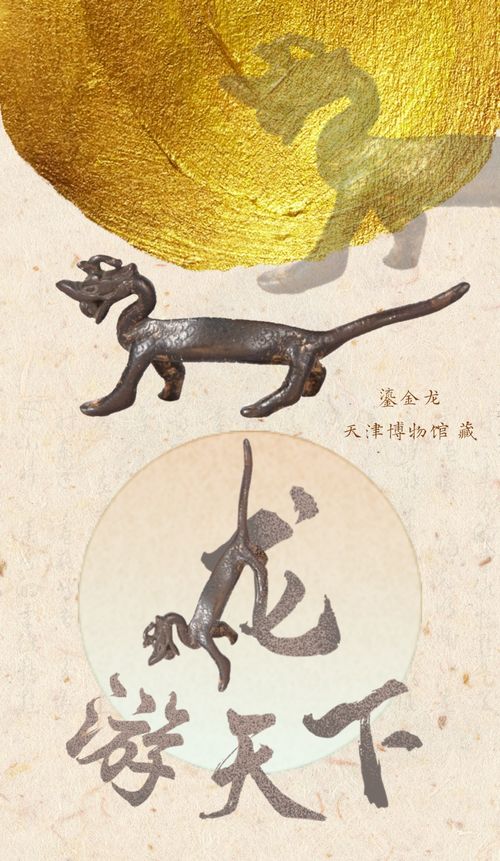
In the vast tapestry of human wisdom, there are countless phrases and sayings that have been handed down through generations, each carrying a kernel of truth meant to guide us in our daily lives. Among these, the expression "Seeing is believing" stands out as a powerful testament to the value of firsthand experience. This timeless axiom underscores the notion that no matter how much we hear or read about something, the true understanding and belief often come only after we experience it ourselves. In today's fast-paced, information-overload world, where we are bombarded with data and opinions from every corner, the importance of direct experience cannot be overstated.
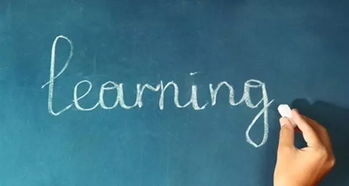
The concept of "Seeing is believing" transcends cultural and linguistic boundaries. It resonates with people from all walks of life, across different countries and languages. In English, the phrase captures the essence of empiricism—the idea that knowledge is derived from sense experience and experimentation. This philosophical underpinning has been a cornerstone of scientific inquiry, driving individuals to test hypotheses, observe phenomena, and draw conclusions based on what they see, hear, feel, and taste.
However, in the realm of personal experiences, "Seeing is believing" takes on a more nuanced meaning. It is not merely about verifying facts or scientific principles but about the profound impact of direct encounters on our beliefs, emotions, and perspectives. When we experience something firsthand, it touches us in a way that secondhand accounts never can. It creates a connection, a bond that is deeply personal and often transformative.
Consider the example of traveling to a foreign country. No matter how many travel guides, photographs, or videos we consume, the true essence of that place—its people, culture, food, and atmosphere—can only be fully appreciated through firsthand experience. The feeling of walking down a cobblestone street in Italy, the aroma of street food in Thailand, or the sight of the Eiffel Tower up close are experiences that transcend mere descriptions and photographs. They are sensory immersions that leave an indelible mark on our hearts and minds.
Similarly, in the realm of relationships, words can only paint a partial picture. A heartfelt letter or a well-crafted text message can convey emotions, but there is no substitute for the warmth of a hug, the comfort of a shared silence, or the joy of looking into someone's eyes and seeing the love reflected back. These direct, physical interactions are what build trust, deepen bonds, and create lasting memories.
The power of firsthand experience also extends to personal growth and development. Reading self-help books or listening to motivational speakers can provide inspiration and guidance, but true transformation often requires putting those ideas into practice. For instance, learning how to meditate through a book is one thing, but actually sitting down and meditating every day, feeling the calming effects on one's mind and body, is an entirely different experience. It is through this direct engagement that we begin to understand ourselves better, develop resilience, and cultivate a deeper sense of self-awareness.
Moreover, firsthand experience fosters empathy and understanding. When we witness someone else's struggles or successes, we are more likely to develop a sense of solidarity and compassion. For example, volunteering at a soup kitchen or participating in a community service project allows us to see the impact of our actions and the needs of those we serve. This direct interaction fosters a deeper connection and a greater willingness to help. Similarly, when we experience adversity ourselves, we gain a greater appreciation for the resilience and strength of others who have faced similar challenges.
In the professional world, firsthand experience is equally invaluable. Whether it's learning a new skill, managing a project, or leading a team, theory and classroom learning can only provide a foundation. Real-world experience, however, teaches us the nuances, the unexpected challenges, and the creative solutions that arise in practice. It is through hands-on experience that we develop our expertise, hone our instincts, and learn to adapt in an ever-changing landscape.
The internet and social media have revolutionized the way we access information, but they have also created a paradox. While we are now more connected and informed than ever, the sheer volume of data and opinions can be overwhelming and, at times, misleading. In this environment, the ability to discern truth from fiction, to separate credible sources from unreliable ones, becomes increasingly important. And one of the best ways to do this is through direct experience.
For example, when evaluating a product or service, reading reviews and comparing specifications can be helpful, but nothing beats trying it out yourself. Whether it's a new car, a piece of technology, or a service, firsthand experience allows us to assess its quality, functionality, and overall value in a way that reviews and specifications cannot.
Furthermore, firsthand experience is crucial in decision-making. Whether it's choosing a career path, making a significant purchase, or deciding where to live, direct experience provides us with invaluable insights and perspectives. It allows us to weigh the pros and cons, consider the implications, and make informed choices based on our own observations and feelings.
In conclusion, "Seeing is believing" is not just a quaint saying but a profound truth that underscores the importance of firsthand experience. It reminds us that, in a world filled with information and opinions, there is no substitute for direct engagement, observation, and reflection. Whether it's in our personal lives, relationships, professional careers, or decision-making processes, firsthand experience enriches our lives, broadens our horizons, and deepens our understanding. It is through these experiences that we truly grow, learn, and believe.
So, the next time you're faced with a decision or an opportunity, don't rely solely on what you've heard or read. Take the leap, experience it yourself, and let the profound wisdom of "Seeing is believing" guide you. For in the end, it is our direct encounters with the world that shape us, inspire us, and make us who we are.
- 上一篇: 加林格尔:完美形态的终极探索
- 下一篇: 揭秘!K68、时间财富等威客网站,真相到底如何?
-
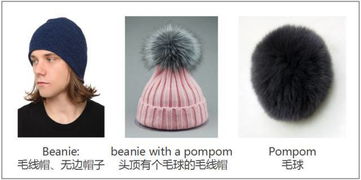 帽子用英语怎么说?快速掌握!资讯攻略12-02
帽子用英语怎么说?快速掌握!资讯攻略12-02 -
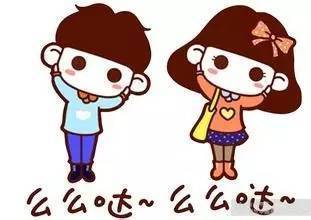 探索‘满足’的英文表达:满足用英语怎么说?资讯攻略02-10
探索‘满足’的英文表达:满足用英语怎么说?资讯攻略02-10 -
 纸质成绩单用英语怎么说?资讯攻略01-09
纸质成绩单用英语怎么说?资讯攻略01-09 -
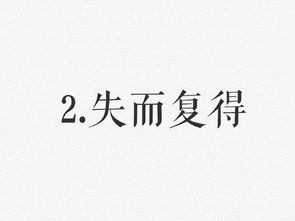 探寻问候语:你的近况如何,用英语怎么说?资讯攻略03-22
探寻问候语:你的近况如何,用英语怎么说?资讯攻略03-22 -
 黄瓜用英语怎么说?资讯攻略02-15
黄瓜用英语怎么说?资讯攻略02-15 -
 想知道‘谢谢’用英语怎么说?点这里揭晓答案!资讯攻略11-15
想知道‘谢谢’用英语怎么说?点这里揭晓答案!资讯攻略11-15












